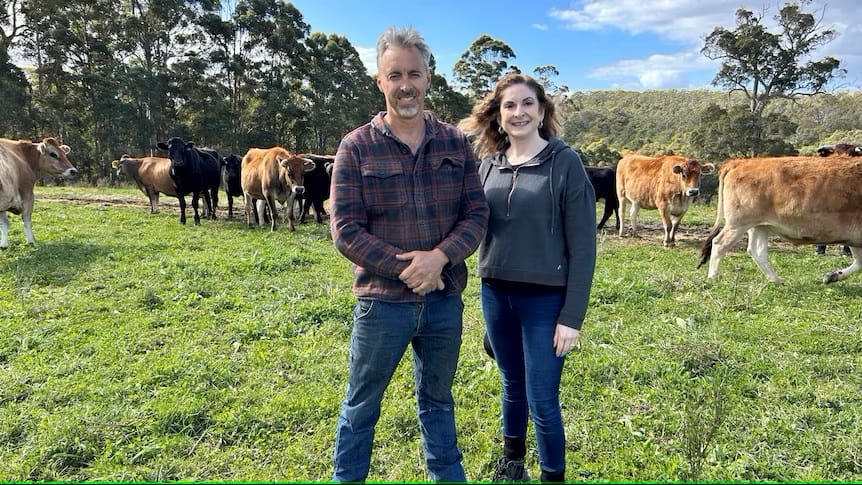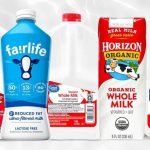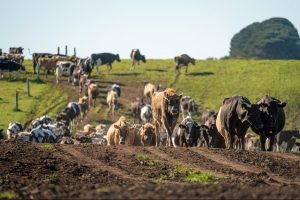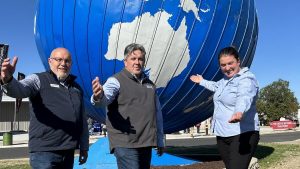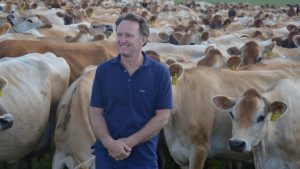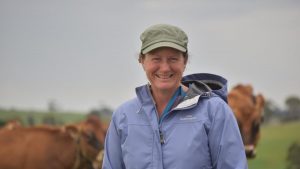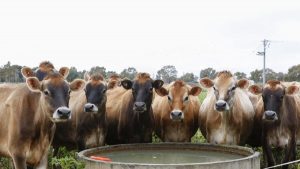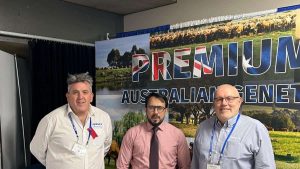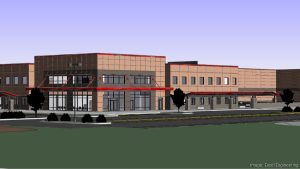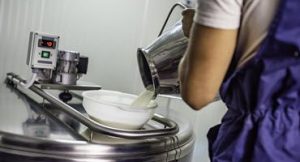
On their picturesque farm in WA’s south west, Dean and Julia Ryan are growing and selling heavily marbled Jersey beef.
The small dairy breed has traditionally been overlooked for quality meat cuts due to the yellow colour of the fat and a slower rate of growth, but the Ryans have discovered that patience pays off.
In just a few years of experimenting with the Jersey beef, their product is sought after by gourmet butchers across Perth and features on the menu at high-end restaurants.
“After starting with the straight Angus grass-fed, we couldn’t really get any traction as we weren’t different enough,” Mr Ryan said.
“Then someone told me about the Jersey beef, and after a bit more investigation, we decided it was worth a look.
“We tried some and were blown away by the taste, the flavour and the texture.”
Green grass and slow growth
The Ryans track down Jersey cattle through saleyards and buy directly from dairy operations before bringing them home to Lake Janis Farm near Pemberton.
The cattle graze all year round on irrigated, multi-species pasture that includes legumes and herbs, and are ready for slaughter anywhere between two and four years old.
“We’re not really aware of anyone else in Australia doing what we’re doing,” Mr Ryan said.
“They’re a bag of bones when they are young, so we hold them quite a long time and feed them well to get enough meat.
“We’re getting really strong marbling. Some of it is rivalling Wagyu.”
Mr Ryan said while the marbling consistency varies, as they are still honing their systems, they recently recorded top scores of eight and nine through the Meat Standards Australia grading system.
“We’re doing that with grass, whereas the Wagyu is grain-fed for nearly a year to get that sort of marble,” he said.
“Even the secondary Jersey cuts are extremely good, and we’ve got some cafe owners who are actually using the secondary cuts as steak and say it’s just about as good as your normal prime cuts.”
A calm and quiet breed
Lake Janis Farm is home to around 300 Jersey cattle, and the Ryans sell roughly 10 each fortnight.
“As we reduce the numbers, we buy a few more in and keep things ticking along,” Mr Ryan said.
“They are a very calm animal – you could be standing in the paddock, and the next thing, one comes up and licks you on the back of the head and scares the life out of you.
“Sometimes it is a bit hard to put them on the truck.”
As well as their Jersey beef herd, the Ryan’s produce organic avocados, golden kiwi fruit and lamb.
“In terms of profit, we’re still getting a handle on how to manage it, but at this stage, it’s at least comparable to other beef lines,” Mr Ryan said.
“Direct marketing is also a lot of work, you need enough volume, and you need the contacts.
“But our butchers are getting really good feedback from their customers, and we see it on social media, photos of people cooking up the steaks and smoking the slow cuts.”
Locals enjoy the local product
Joe Ditri spent many years working in some of Perth’s most prestigious restaurants and now owns a cafe in the nearby town of Manjimup.
The Ryans brought him a sample of jersey beef, and he quickly became a customer.
“Some people don’t like the fat on normal beef, whereas this complements the actual meat,” he said.
‘”The flavour doesn’t compare, the way it cooks doesn’t compare, and it’s local too. It hasn’t travelled 400km down the road.”
The Ryans struggle to eat any other beef products now that they have a freezer full of their own quality cuts.
“You can do anything with it. The mince is really creamy, we do a lot of casseroles and curries, we smoked a brisket for about 10 hours once, and it was delicious,” Mr Ryan said.
